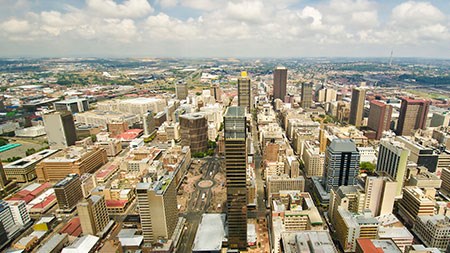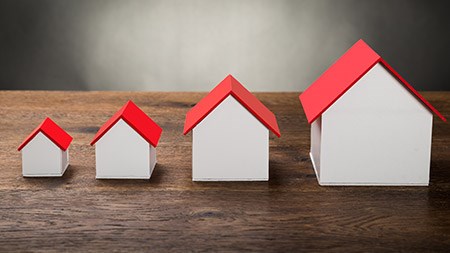To the relief of many, the South African Reserve Bank decided last week to keep the repo rate unchanged. Some experts however argue that the rate should be raised.
Last week, the South African Reserve Bank (SARB) chose to hold the repo rate at 6 percent. The prime rate was also left at 9.5 percent.
According to tradingeconomics.com, the interest rate in South Africa has averaged at 12.98 percent between 1998 and 2015. It reached an all-time high of 23.99 percent in June 1998 and a record low of 5 percent in July 2012.
The Central Bank revised its growth and inflation forecasts too. Inflation is down slightly at 4.7 percent while growth was revised down to 1.5 percent this year.
Lesetja Kganyago, governor of the Reserve Bank noted that growth is expected to remain constrained thanks largely to various global developments, low business and consumer confidence and electricity supply shortages.
While many breathed a sigh of relief in the wake of the rates decision, John Loos, household and property sector strategist at FNB home loans believes it would be desirable for interest rates to continue to rise gradually back up to ‘normal’ levels.
Explains Loos: “Although many bemoan rising interest rates, higher interest rates are in fact preferable as they keep the household sector and lenders cautious. What’s more is that it would keep household sector credit growth in check and should lead to a further decline in the debt-to-disposable income ratio which I think is still too high and needs to come down more.
In short, by raising rates gradually, the SARB can play a valuable role in lowering household sector vulnerability to economic shocks which stems largely from high debt levels.
Responding to whether or not the SARB will continue to hike rates, Loos replied that he thought this would be the case, albeit it very slowly to a possible prime rate of 10.5% by 2017.
As for what consumers should do, Loos says regardless of whether or not the SARB does or doesn’t hike rates, a lower level of indebtedness would be desirable for many households.
Adds Loos: “Widespread rhetoric leads many to believe that access to bank credit creates wealth. This is only true when it is used for income generating ventures or investments. Consumer credit is not wealth creating. Indeed, when used excessively, it is more likely to be ‘wealth-hampering.’
“Overall, I believe lower levels of consumer debt and primary residence debt i.e. on non-income generating properties relative to income are preferable at this stage. This would hopefully lead to higher rates of saving which creates wealth. It is crucial to build up financial buffers at this time as we are entering a stagnant economic environment which is threatening employment and income growth.”
Of course there are others who argue otherwise. Dr Andrew Golding of Pam Golding Properties stated that another interest rate hike would do little to contain price pressures and would negatively impact much needed economic growth. He added that another increase would in all likelihood dampen general consumer appetite for property acquisitions, notably those with higher debt, first time buyers and second home investors.
Meanwhile, in terms of sector specific performance, there appears to be something of a lag between what’s happening in the economy and what’s happening ‘on the ground’ so to speak says Park Village Auctions’ Jaco du Toit who explains that the office property market is still in “recovery mode”, the industrial sector appears to have reached something of an equilibrium and retail property continues to perform relatively well. As for the auction sector, Du Toit reports that things are “ticking over nicely.”



